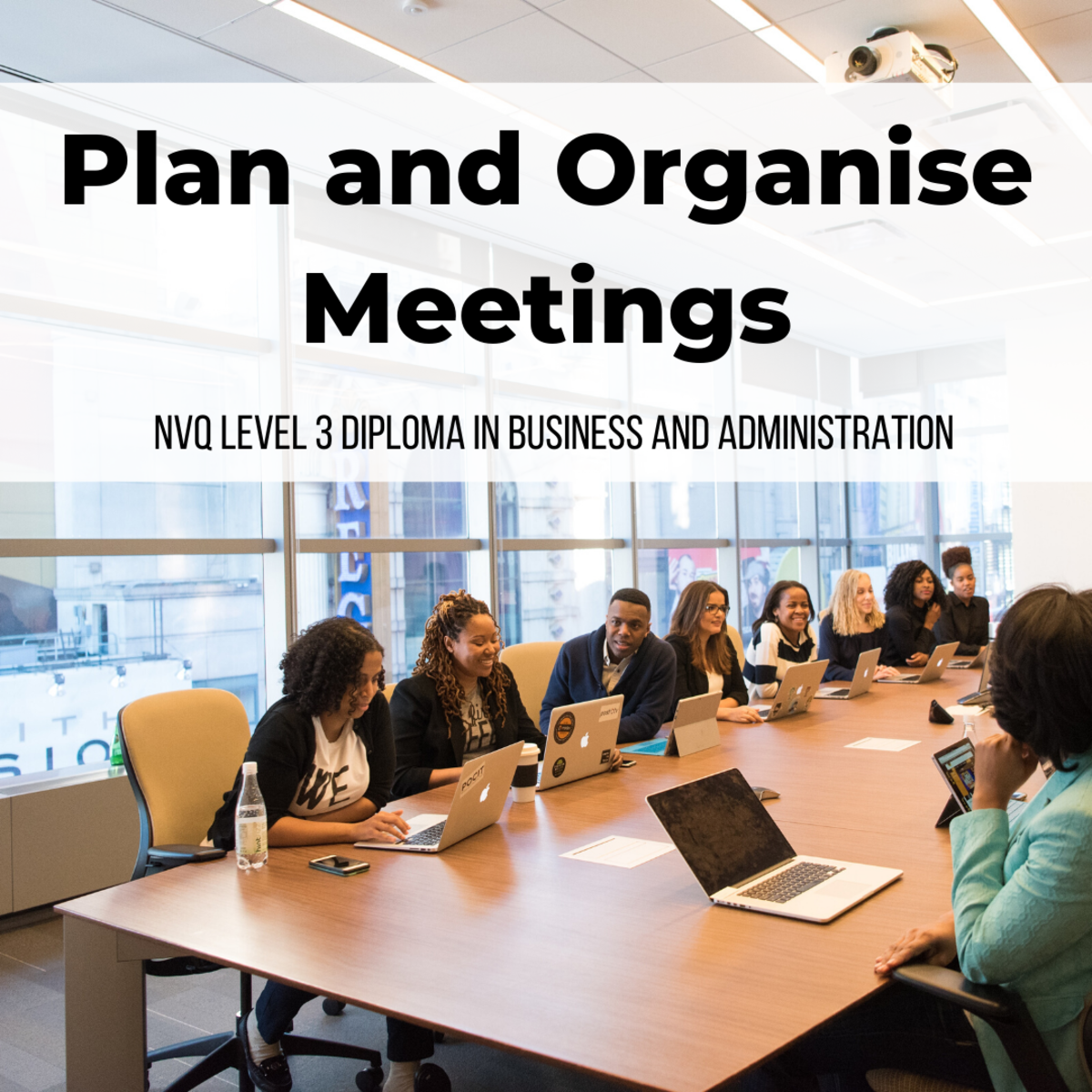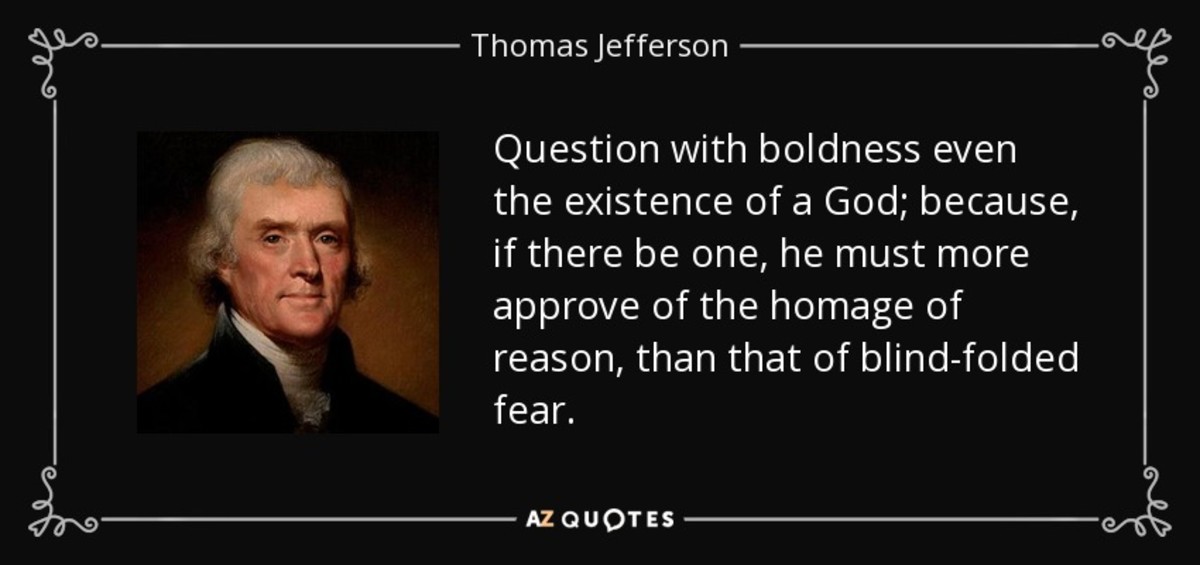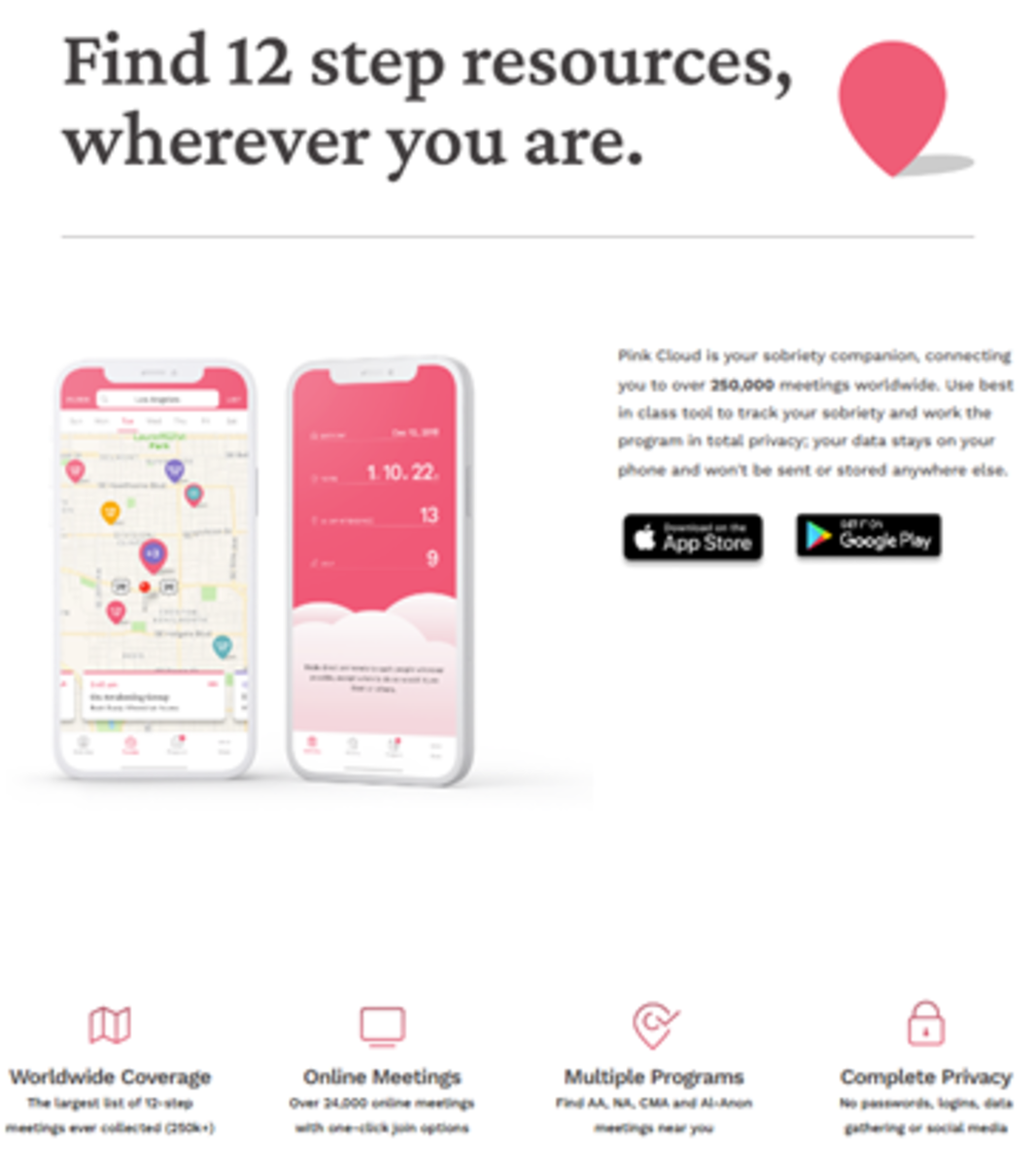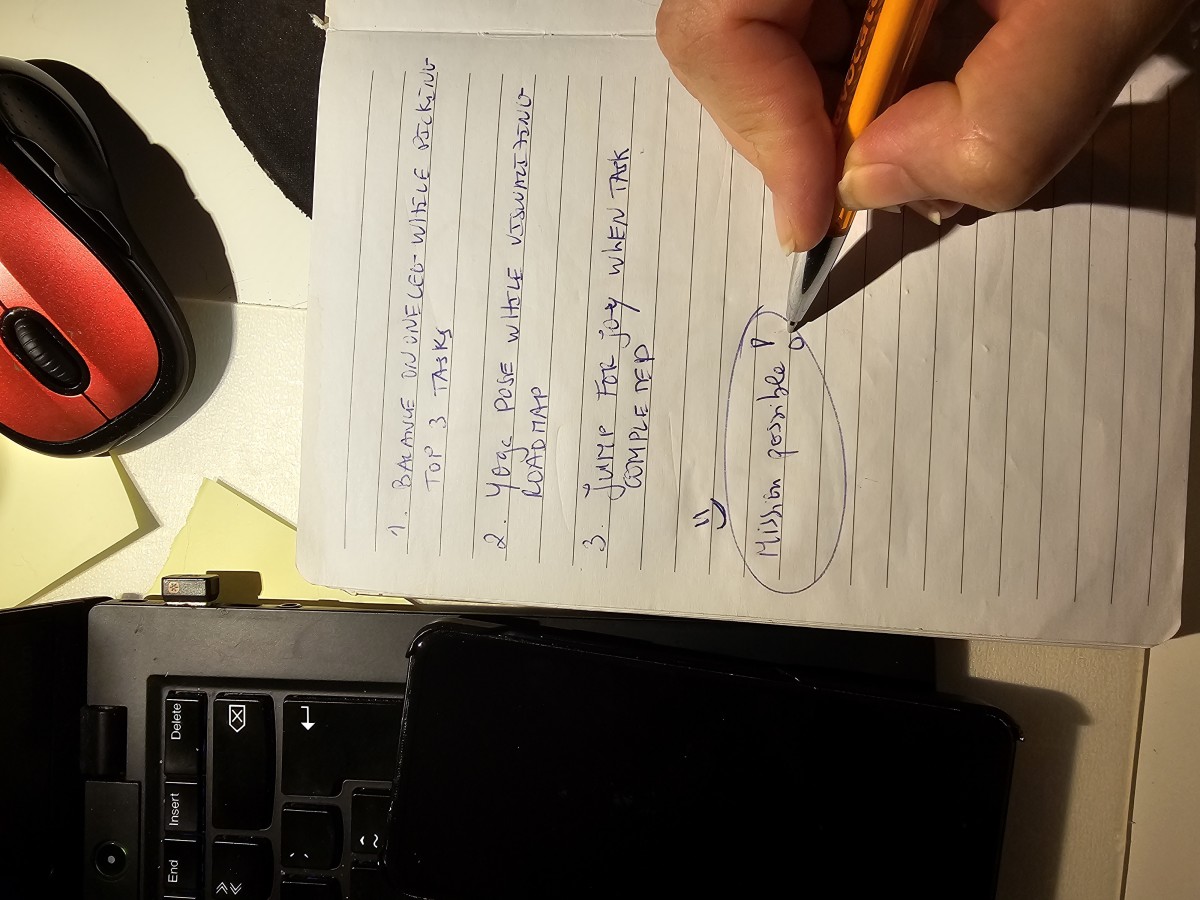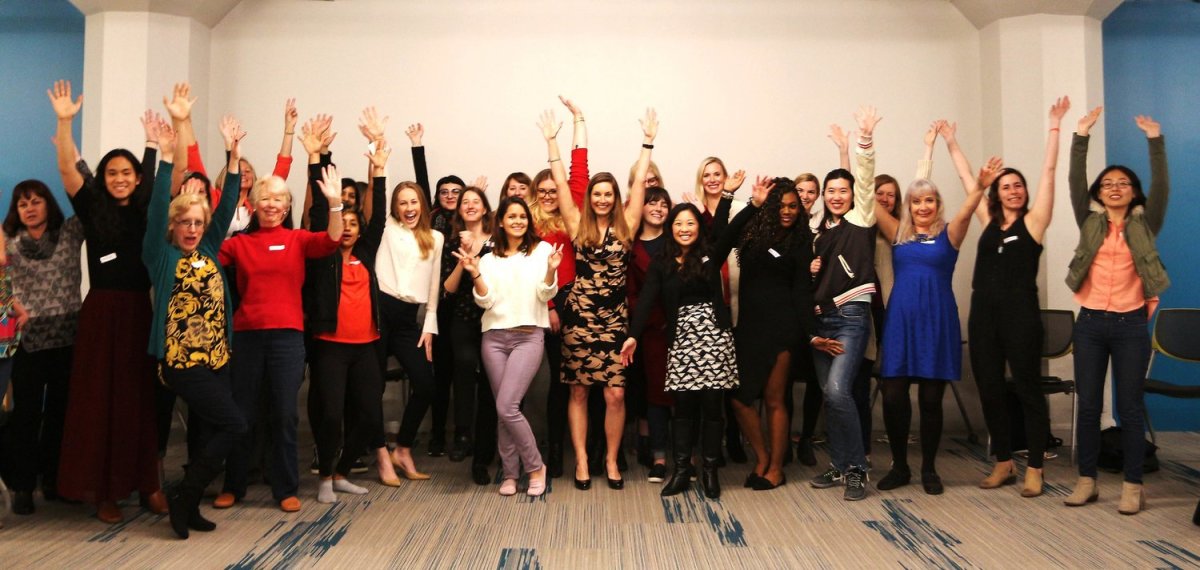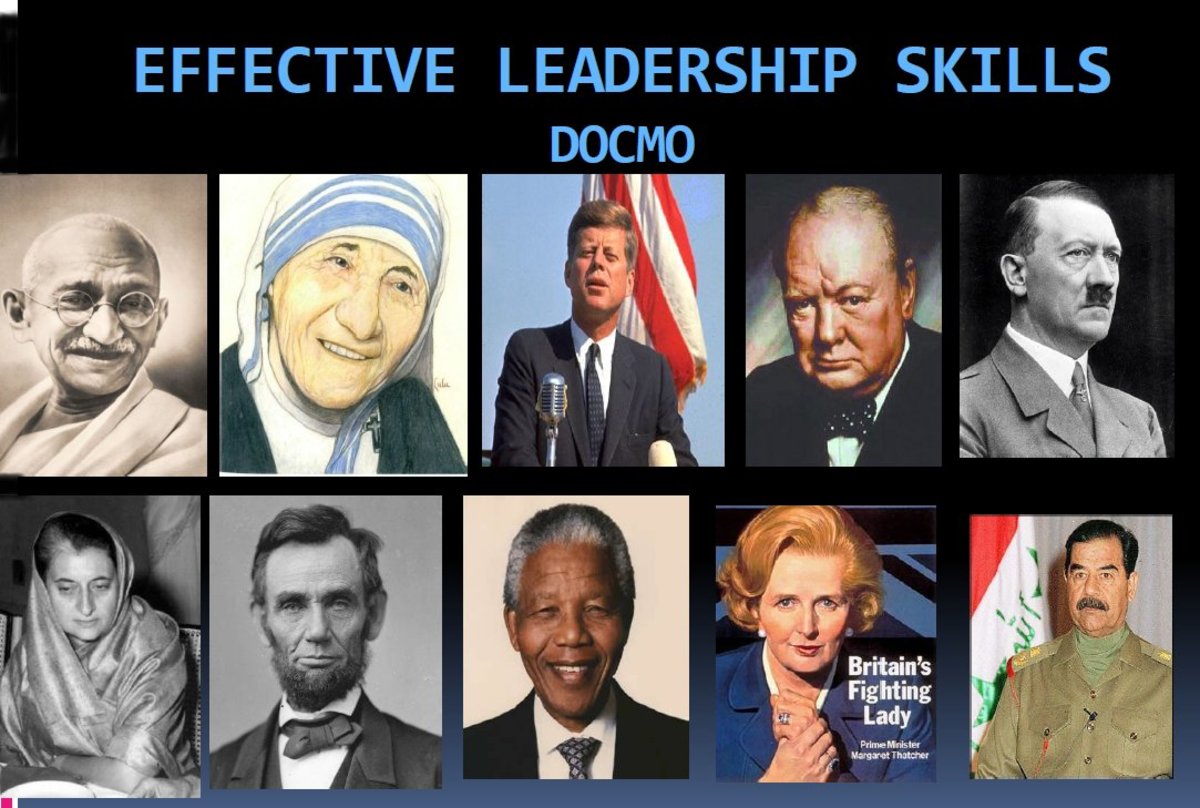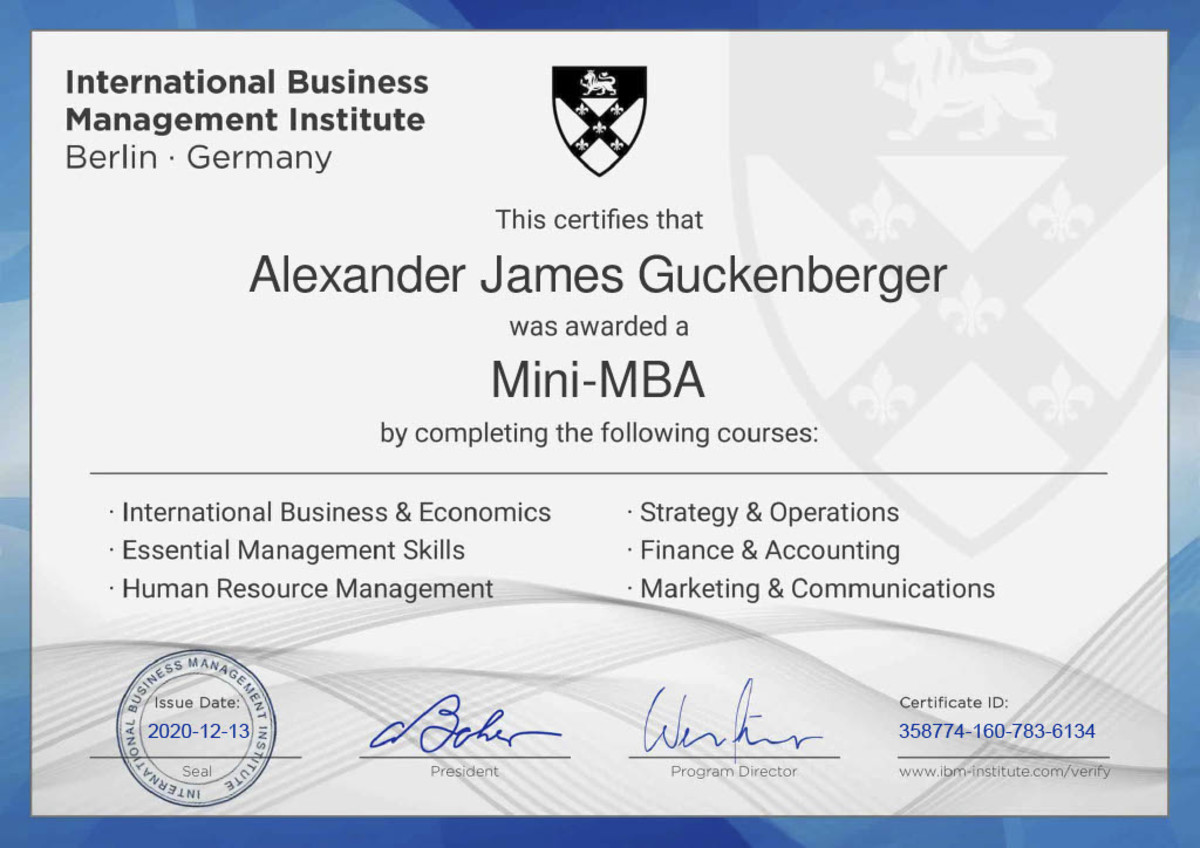Increase Productivity in Meetings
Introduce a Drawing Exercise To Shake it Up
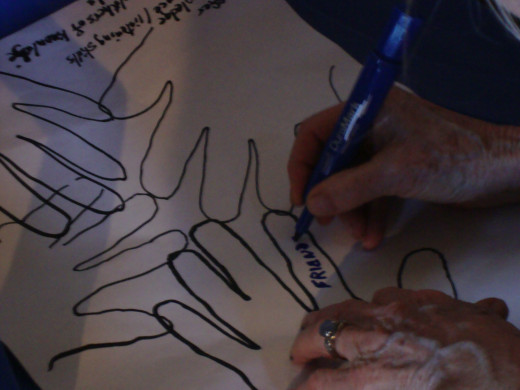
Five Strategies For Dealing With Overwhelm in Meetings
As a facilitator one of the greatest show stoppers in a meeting happens when the participants get overwhelmed. You know the feeling, eyes widen and glass over, words stumble on the tongue before they slobber out, decision-making jolts to a halt and the energy in the room is so thick you could slice it. I can barely breathe thinking about what happens to me when I get overwhelmed and as a facilitator, working with a room filled with catatonic amoebas is an impossible task.
I head off overwhelm at every opportunity and work really hard to identify the signs before it settles in. When I start to see the signs, I will use a lot of props as reminders about what we are going to do as a group to keep the off balance and on their toes. A little laughter and an opportunity to move outside of their minds helps when overwhelm comes creeping into the meeting. Here are some strategies for heading-off overwhelm before it impacts your meeting:
One Decompression Strategy

Go In Prepared & Strategize With Participants
1. Talk about it. There are several methods of talking about overwhelm at a meeting and they vary based on the time you have and the amount of time you might be dealing with overwhelm, here are two options:
- Short meeting: At the beginning of the meeting where you know that you will be talking about issues and topics that might create an overwhelming experience:
- Ask all of the participants to take a moment to think about what they look like and feel when they are overwhelmed;
- Write their thoughts on an index card.
- Under the response, ask them to write something that helps them when they are feeling overwhelmed, i.e., take a breath, take a brief break, go for a quick walk, drink a glass of water, take a few minutes to process their responses.
- If you have time, ask a few people to share their ideas about what to do when they get overwhelmed.
- Agree as a group that if anyone notices they are getting overwhelmed, they will ask for a time-out.
- As the facilitator, honor that time out request, if it comes.
- Long meeting: If you are facilitating a meeting that will be longer than several hours, take the time to establish some ground rules and discussing strategies for decompressing through overwhelm is a great place to start. At the beginning of the meeting where you know that you will be talking about issues and topics that might create an overwhelming experience:
- Ask all of the participants to take a moment to think about what they look like and feel when they are overwhelmed;
- Write their thoughts on an index card.
- Under the response, ask them to write something that helps them when they are feeling overwhelmed, i.e., take a breath, take a brief break, go for a quick walk, drink a glass of water, take a few minutes to process their responses
- Pair participants together and ask them to share their responses with each other, both what they look like and what they need to do about it.
- If you have plenty of time, ask everyone to share their partners’ ideas about what to do when they get overwhelmed.
- Agree as a group that if anyone notices that they or their partner are getting overwhelmed, they will request a time-out.
- Because everyone has shared their decompression strategies and identification of awareness of overwhelm, the facilitator has a number of tools to prevent a significant melt-down.
- As the facilitator, if a time out request comes – honor that request and get everyone moving to rejuvenate the energy.
Feeling Overwhelmed?

Refer To & Use Metaphors
Two useful metaphors that help decompress meetings where overwhelm seeps in include:
- Pick the low hanging fruit: when it seems like there is so much to do, start small, pick the fruit that is most easily accessible and experience a success, and then go to the next branch. As a facilitator, I usually mime the act of picking an apple or pear off of a branch that easily drops into my hand. Invite the participants to identify several piece of low hanging fruit from their overwhelming situation to resolve.
- How do you eat an elephant?...One bite at a time…:this is a descriptive method of saying, start somewhere and do something, then do something else, and then do something else,,,and finally you will have worked through the situation that felt overwhelming.
Using props to reinforce a strategy can add some levity and fun

Have Fun and Use Props
Props can be used to keep the energy high. Props can add a fun element and levity to any meeting, however, they need to be introduced in context and be relevant to the situation. In strategic planning when groups are thinking globally and systemically overwhelm is inevitable and I am always prepared. When I see the energy beginning to drop, I pull out one of the many elephant props I have and remind them of the metaphor that I have used previously about how to eat an elephant.
Introducing juggling cubes and cheerleader megaphones can be helpful to get the energy moving while you introduce team building concepts.
Meeting Virtually is a Great Time Saver
Shout It Out
Use a “shout-out” to release the energy. Overwhelm can build when anxiety and uncertainty mounts or information has been flowing fast. To move that energy out, ask the participants a question that relates to the current topic and have them put their thoughts on the board by “shouting” them out and the facilitator scribing/writing responses on the board.
This strategy moves not only the words and energy from the individual, but also places issues and fears out where everyone can process and deal with them as a group. Interesting things happen when you release pent up energy in this way, so be prepared to have some thought-provoking and useful discussions when you employ this strategy.
Break It Down
Break into small groups. If you sense that there are a few specific issues creating a collective sense of overwhelm, break the group into smaller groups and ask them to share their thoughts about the topic in their small groups and then report back to the bigger group. This does not need to take a long time, usually 10 – 15 minutes is sufficient and then a few minutes for each group to listen and write their shout-outs from the small group onto the board.
These are five strategies that have been useful in my facilitation practice especially when facing participants experiencing overwhelm during the meeting. I would love to hear how they worked for you, or to hear some of your ideas about what strategies have been useful to conduct productive and engaging meetings.
Keeping participants engaged will lead to more successful and productive meetings
How do you decompress during meetings?
What is your favorite decompression strategy?
Why is it Important to Stay Energized?
Author's Note: Last night I participated in a meeting with close to 100 people, and at the end of the meeting the facilitator asked us to go around the room and shout out one word that described how we were feeling. More than 25% of the participants used these words: overwhelmed, frustrated, challenged, and defeated. This, after gathering with 100 people who came to get fired up, to get inspired and to be motivated into action...the energy that could have been used to corral and launch the ideas and voices of the group were stomped on and extinguished.
There is not a lot one can do once participants can't process anymore and are overloaded, there is no focus, no vision, no way to sort out how to move forward. The participants are stuck and any time spent at this point becomes a waste of resources. Facilitators - be clear about your intentions, be respectful of the individuals who are so graciously giving of their time and please don't squander an opportunity for the group to create something magical by allowing the fire of passion to be dampened.
Have strategies available in your facilitator tool kit to keep the meeting alive and energized. Get everyone moving, singing, laughing, get the energy flowing and then the synergy, the beauty, and the magic of group process will flourish. Please respect your groups enough to develop strategies to head off overwhelming people in the meetings you are facilitating.
Call The Question
"Calling the question" is what happens when during an official meeting, discussion on a motion has gone on too long, is getting sidetracked and no new information is forthcoming. A participant "calls the question" and the motion immediately moves to a vote and all discussion ends. That same technique can be very effective in facilitation especially when a majority of the participants become overwhelmed. That occurred recently during a full day session I was facilitating.
Full day sessions are challenging and there were many opportunities for both overwhelm to sink in as well as opportunities to create "mind-palate cleansers" to avoid overloading participants. During this session the group had been working diligently and when the end hit - it was a collective halt to energy and any processing by the group. I called the question. Ended the facilitation, set up some homework, some methods for circling back to complete the work electronically for their next scheduled meeting and then moved the evaluation to a survey monkey for them to complete at a later date - when they were fresh.
While not the most elegant strategy, it was the most humane and respectful and the group rallied, completed their homework, evaluations and maintained their sanity. Most importantly, they will remember facilitation fondly instead of with a groan. It is okay to call the question and may even be the only option when overwhelm sets in and the participants shut down. Just do it - call the question.


